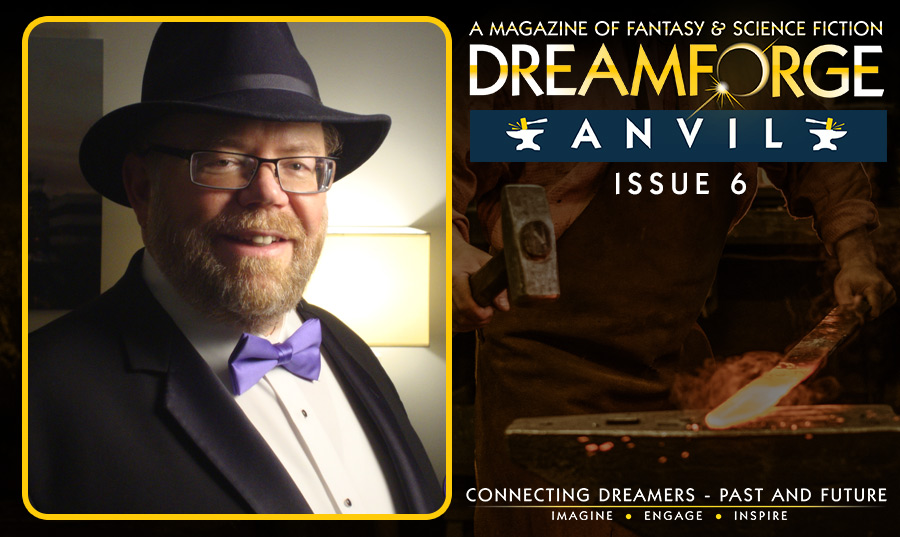Henry is our second editorial assistant. Henry joined us as a First Line Reader early on. He's stepped up at each turn to review the most stories of any FLR, write an outstanding story for us (Flight of the Brolga), and help us get our Discord channel started and engage with our DreamCaster group members.
Henry Gasko was born in a displaced persons camp in Yugoslavia after World War Two. He was raised on a vegetable farm in Canada, and emigrated to Australia more than forty years ago. He has recently retired from a career in data analysis and medical research.
Henry has had stories published in the anthologies "Dreamworks", “Alternate Apocalypse”, “On Time”, in Australia's Aurealis magazine, and in the SciPhi Journal. He is a two-time semi-finalist in The Writers of the Future and he won first prize in Positive Writer's "Why I Write" essay contest. He also won the 2018 Sapiens Plurum short story competition, and came third in the 2020 competition.
When he is not writing, he enjoys cycling, kayaking, swimming and playing bridge.
About One Small Step
I don’t know if you remember a story called “The Island of Doctor Death” by Gene Wolfe. He wrote that and then later wrote a story called “The Death of Doctor Island”. He said that his mind just naturally flips things around in his head (he is an engineer by training). A lot of people said that was a funny way to come up with a story idea but to me that was a perfectly logical way of thinking. My mind (perhaps because I am a mathematician), whenever I come across something, automatically looks at the inverse, the converse, the reverse, just playing around with it.
So when Armstrong’s famous words were being broadcast constantly in 2019 (the 50th anniversary of the moon landing), my mind just naturally flipped it around to “One giant leap for a man, one small step for mankind.” And that immediately rang true – it really had been only a very small step. So I thought of how to put that into a story, which meant constructing a scenario for the first part of the sentence, and that led to something in the ancient world where some peoples (if you believe the stories) thought the moon could be reached if you simply climbed high enough. So, the Roman background is just a necessary construction to the O. Henry style punch line. But a punch line with a very serious message.
Even though humanity’s legacy so far is a bit mixed to say the least, I do think there is enough of value there (not to mention future potential) that it would be very sad to lose it. And I also think that it is a statistical certainty that there is a killer asteroid out there with our name on it. So, the logical conclusion is that we should be doing everything possible to establish a viable foothold off the planet. And yet we have only taken one very small step, and that was over 50 years ago, with virtually no progress towards that goal since then! How incredibly disappointing and frankly disheartening.










